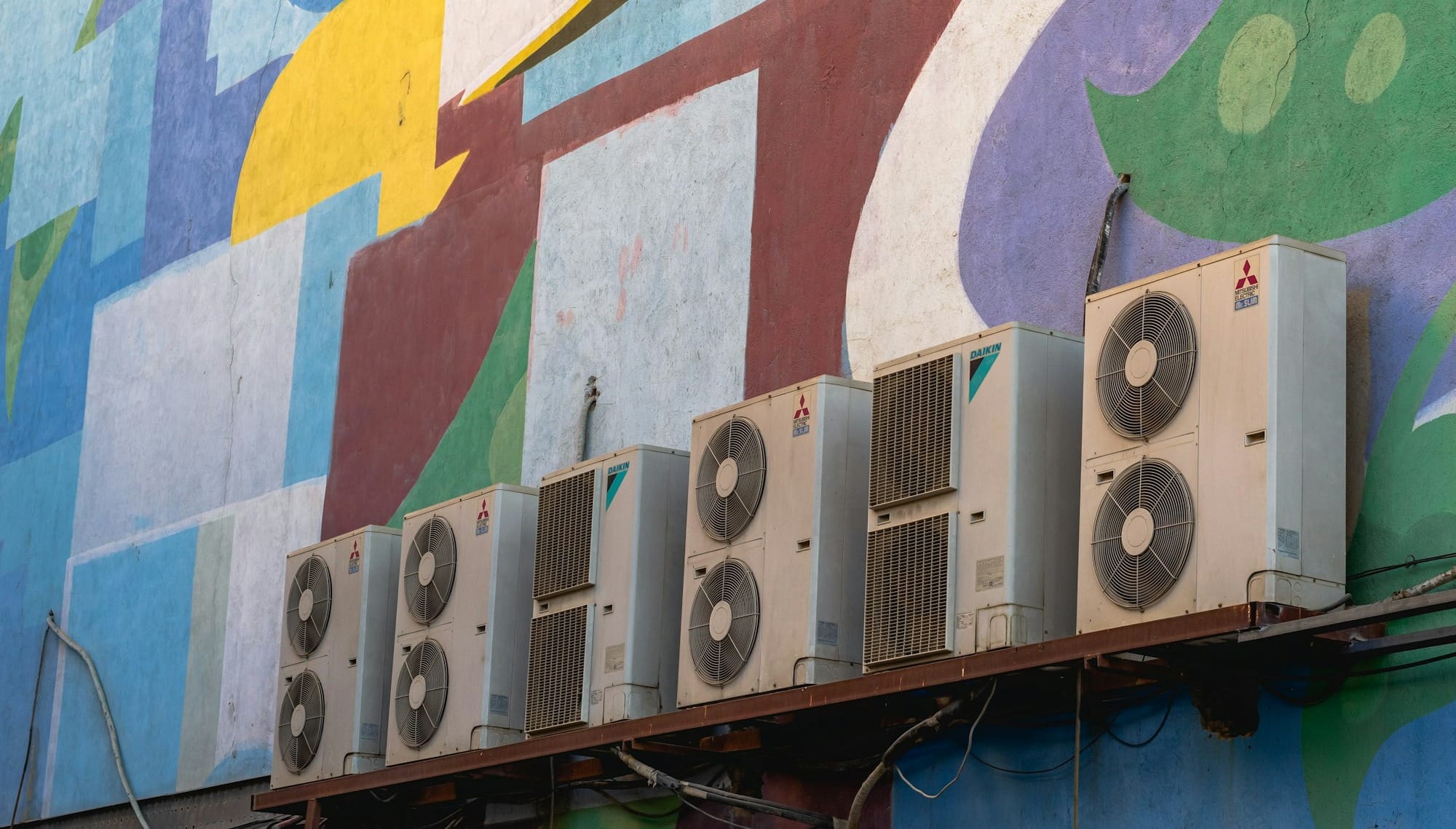These jobs require expertise in installation, routine maintenance, and troubleshooting of HVAC systems. Skilled technicians ensure that the air conditioning units remain efficient and reliable year-round.
Understanding the Role of an AC Repair Technician
An AC repair technician specializes in the maintenance, repair, and installation of air conditioning systems within residential, commercial, and industrial settings. These technicians play a crucial role in ensuring that HVAC (heating, ventilation, and air conditioning) systems operate efficiently, providing comfort and a healthy environment for occupants. They possess a deep understanding of the various components that make up these systems, including compressors, evaporators, and refrigerants, and are skilled at diagnosing and resolving issues that may arise, such as leaks or electrical problems.
Beyond the technical skills, an AC repair technician must also have strong customer service abilities. Technicians often interact directly with clients, explaining the nature of the repairs needed, the processes involved, and the costs associated. Effective communication and professionalism are essential in building trust and ensuring repeat business. Additionally, staying up-to-date with the latest industry standards and technological advancements allows technicians to provide the best possible service and solutions to their clients.

Key Qualifications and Certifications for AC Repair Jobs
To excel as an AC repair technician, having the right qualifications and certifications is crucial. First and foremost, aspiring technicians should complete a formal training program in heating, ventilation, and air conditioning (HVAC). These programs provide foundational knowledge in subjects like thermodynamics, refrigeration, and electrical system design. Certification from recognized entities, such as North American Technician Excellence (NATE) or the Environmental Protection Agency (EPA) for handling refrigerants, adds significant value to your resume. Similarly, proficiency in troubleshooting HVAC systems is essential to diagnose and fix issues efficiently, ensuring customer satisfaction.
Equally important are soft skills such as communication and customer service. Technicians frequently interact with customers, explaining complex issues in understandable terms. Strong communication skills not only help in explaining the problem but also in setting realistic expectations about repair times and costs. Mechanical knowledge, particularly related to air conditioning systems, allows technicians to perform accurate diagnoses and effective repairs. For those looking to advance, gaining experience in maintenance tasks and understanding industry regulations further strengthens their employability in this competitive field.
Average Salary and Benefits for AC Repair Technicians
AC repair technicians can expect a rewarding compensation package. On average, salaries for AC repair technicians vary depending on experience, location, and industry demand, typically ranging from $40,000 to $70,000 annually. Seasoned professionals with extensive expertise can even reach six-figure incomes, particularly if they operate their own businesses. Aside from a competitive salary, these roles often include benefits such as health insurance, paid time off, and retirement plans, which further enhance the job's appeal.
Moreover, many companies offer additional perks to attract and retain skilled technicians. These can include performance bonuses, continued education opportunities, and specialized training programs. Some firms provide tools and equipment allowances or even company vehicles to facilitate job performance. These benefits not only contribute to job satisfaction but also help technicians advance their careers in the evolving HVAC industry.
